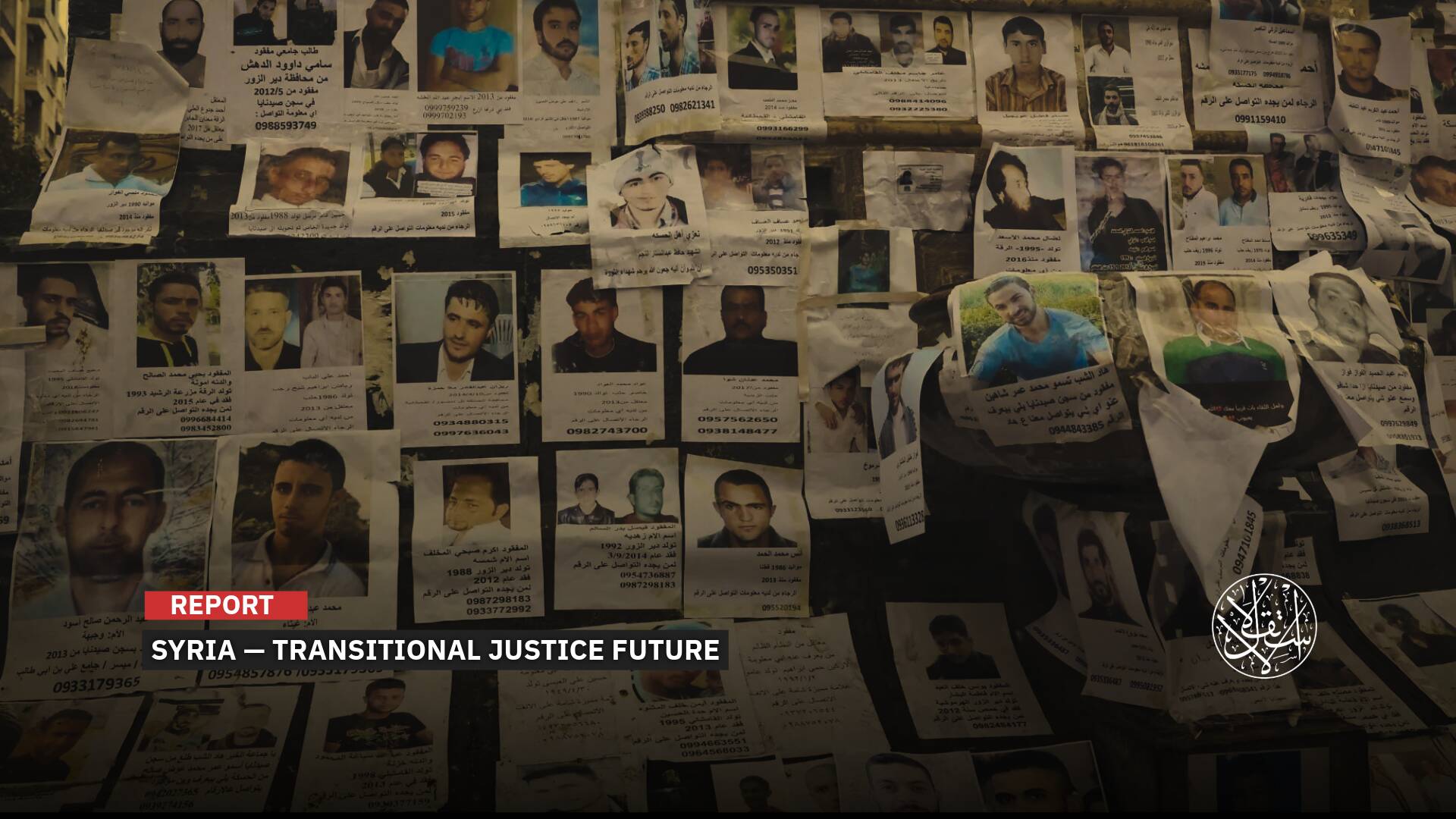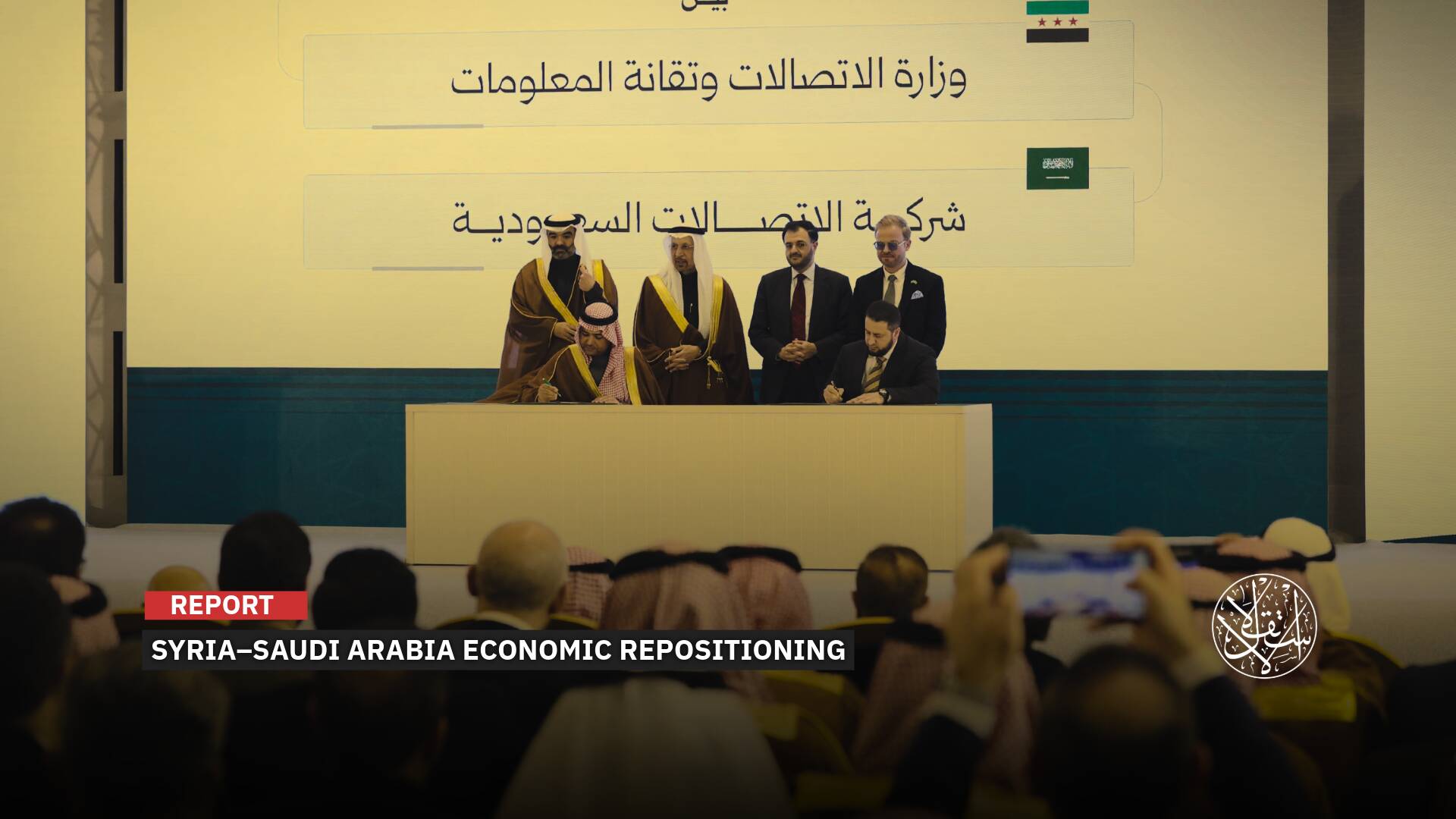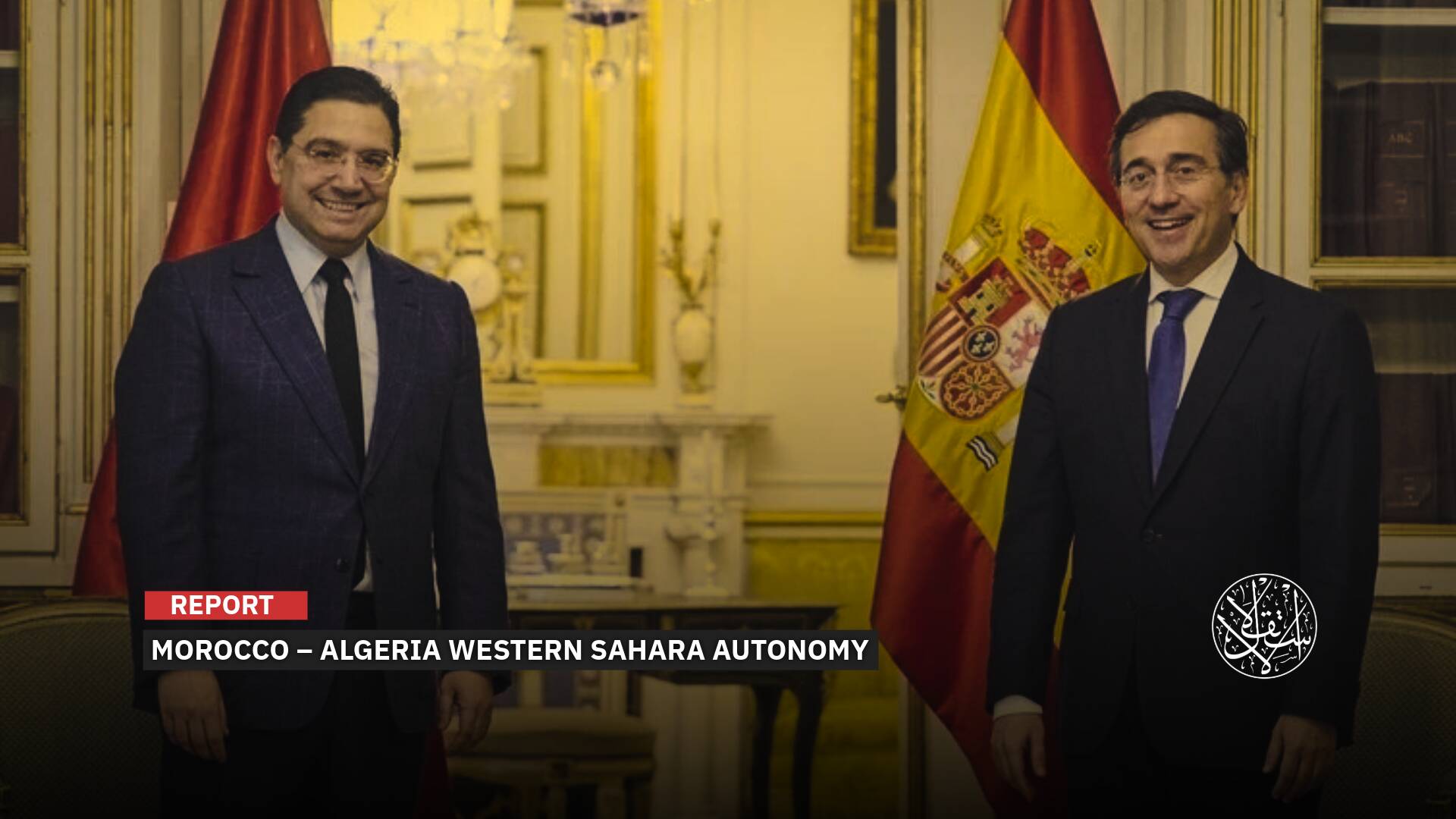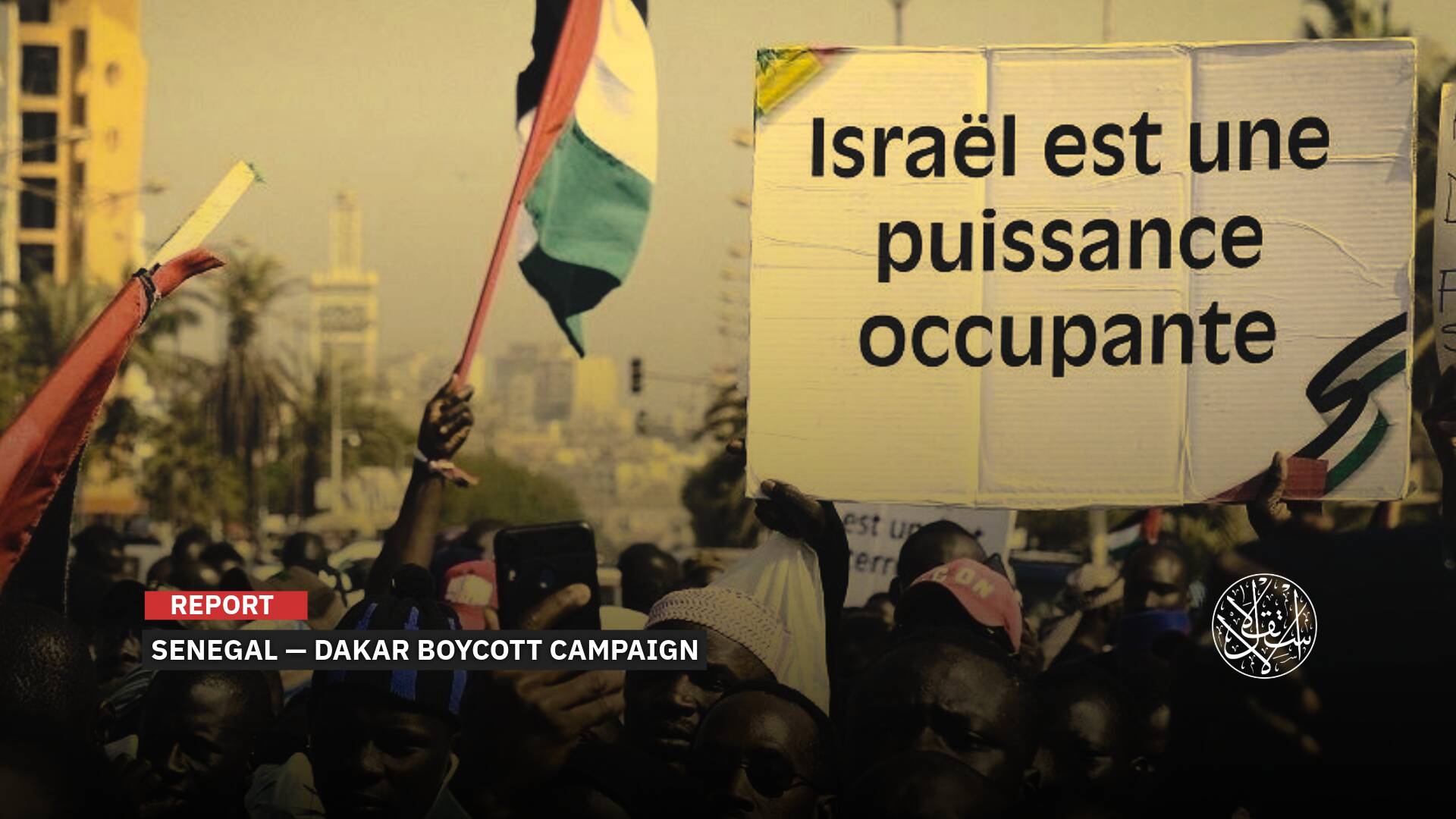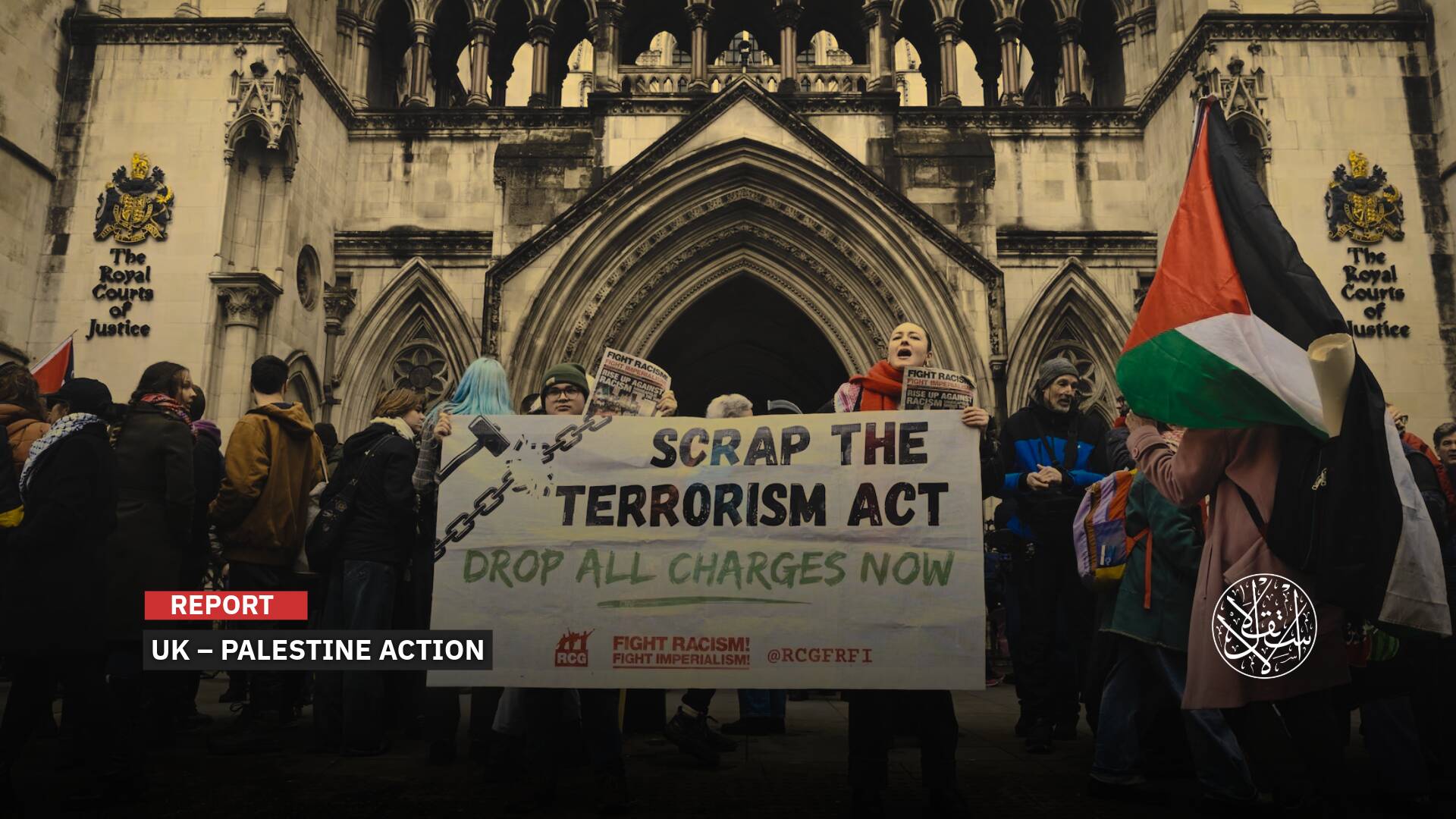From Washington: How Musa al-Koni Stirred Controversy and Shook Up Libya's Leadership

“Libya is effectively an occupied country.”
“Libya is effectively an occupied country.”—There are Russian forces whose presence remains unexplained, and Turkish troops brought in under the terms of a controversial agreement.
The statement, made by Musa al-Koni, Vice President of Libya’s Presidential Council, sparked a wave of political backlash following his remarks in Washington, D.C. on April 5, 2025, during the annual conference of the Libyan-American Relations Council.
Al-Koni was sharply critical of Libya’s current power structures, placing blame for the country’s deepening divisions and institutional paralysis squarely on its ruling elite.
He directed his frustration at a political class he described as incapable of restoring statehood or advancing meaningful national reconciliation.
Al-Koni hails from the Tuareg tribe—one of the largest and most influential communities in southern Libya, with deep roots stretching across the Sahara Desert from Niger to Algeria and Mali.
Libya remains mired in a protracted power struggle between two rival governments. One is the internationally recognized Government of National Unity, led by Abdul Hamid Dbeibeh and based in Tripoli.
The other was appointed by the House of Representatives in early 2022 and is currently headed by Osama Hammad, operating out of Benghazi.
Many Libyans continue to pin their hopes on long-delayed presidential and parliamentary elections—seen as a potential path out of the country’s entrenched political and military fragmentation, and a chance to end the cycle of transitional phases that have followed the 2011 overthrow of Muammar Gaddafi.
Monopolized power
Speaking in Washington, Musa al-Koni revealed that he had been barred from flying over Brak airbase on his return from Uganda, stating, “Russian occupying forces are preventing the Libyan head of state from flying over one of the country’s own airports—Brak. What else can we call this, if not an occupation?”
“The reality is that Libya is under occupation in every sense of the word. There are Russian forces whose presence no one can account for, and Turkish troops who arrived under the terms of an agreement,” al-Koni continued.
Addressing the issue of internal control, al-Koni—seated alongside High Council of State presidential contender Khaled al-Mishri and U.S. Special Envoy to Libya Richard Norland—stated, “We may appear to be in power, but everyone knows that Saddam Haftar wields more influence than Abdul Hamid Dbeibeh in Tripoli. Power lies with money and force. The entire Presidential Council holds no real authority—our roles are largely symbolic.”
“I’m an opposition voice within the Presidential Council, whether dealing with Dbeibeh or the so-called quartet. What we are confronting is a failed state—wreckage of a state, at best,” he added.

In the first official response to al-Koni’s remarks, Prime Minister Abdul Hamid Dbeibeh issued a scathing rebuke, arguing that the comments undermined national interests and should have been made at home—not abroad.
Speaking during a cabinet meeting on April 18, Dbeibeh said, “Musa al-Koni hails from a proud and distinguished tribe, one we deeply respect. But he spent 700,000 dinars to travel to the United States just to criticise the government. Well, thank you—but then what? What comes next? Had he said those things in Tripoli, they might have served a more useful purpose.”
Dbeibeh also took aim at al-Koni’s approach to raising sensitive issues, stating, “Matters of national sensitivity should be discussed among Libyans—not in the presence of the U.S. ambassador.”
His remark was a clear reference to al-Koni’s criticism of the dominance of both foreign and domestic armed actors over Libya’s political landscape—comments made during his appearance at a conference organised by the U.S.-Libya Relations Council.
Dbeibeh concluded his remarks with a note of sarcasm, “We’re not quite sure what al-Koni hoped to achieve there […] perhaps he drank a different kind of water upon arriving in Washington.”
Beneath al-Koni’s pointed remarks, however, some observers detect the contours of a broader political project—one that extends beyond Libya’s south and may be positioning itself to fill potential power vacuums in an unsettled and still-fractured national landscape.
Who is al-Koni?
There is little doubt that, while al-Koni may be seen by some as a dissenting voice in a moment of national disarray, he cannot be entirely separated from his recent past.
His record during the 2011 Libyan revolution remains clouded by controversy, with allegations that he was involved in recruiting mercenaries on behalf of the Gaddafi regime.
Though al-Koni has long sought to keep such claims in the shadows, they tend to resurface whenever he finds himself at the heart of a political confrontation.
Questions inevitably follow: Is al-Koni attempting to rebrand himself as a clean-handed player in an otherwise murky political arena? Or is his political ambition, in part, an effort to whitewash a past still stained by unresolved allegations?
Al-Koni remains one of Libya’s most prominent political and diplomatic figures—a recognized voice for the Tuareg communities of the south.
He has held senior diplomatic posts both under the former regime of Muammar Gaddafi and in the country’s post-revolution political landscape.
Musa al-Koni was born on June 5, 1951 in the southwestern city of Sabha, part of the Fezzan region, some 640 kilometres from the capital, Tripoli.
He received his early education in the towns of Idri al-Shati, Ubari, and Sabha, before moving to the capital to pursue further studies.
Al-Koni hails from a prominent family. His father, al-Koni Balkani, was a well-known figure in Libya’s anti-colonial struggle, having played a key role in resisting both Italian and French occupation in the Fezzan region.
His brother, Ibrahim al-Koni, is one of Libya’s most celebrated writers and a leading cultural and intellectual figure among the Tuareg.
Musa al-Koni entered politics through the gateway of his tribe, the Tuareg. He first served as transport official in the city of Ubari in 1985.
In 1989, he was appointed Secretary of the General People’s Committee for Transport in the city, later assuming the same position across the entire Fezzan region until 1993. He would go on to resign from the post in 1994.
In 2005, al-Koni was appointed Libya’s Consul General in the northern Malian city of Kidal, before relocating to the capital, Bamako, where he continued his diplomatic duties until the outbreak of the Libyan revolution in February 2011.
As protests against Muammar Gaddafi’s regime escalated, al-Koni found himself cast in a more contentious light. Allegations emerged accusing him of recruiting Tuareg youth to fight alongside a regime teetering on the brink.

The Rise of al-Koni
On March 9, 2011, Agence France-Presse reported claims by Bajan Ag Hamato, head of the regional assembly in Kidal, northeastern Mali, alleging that al-Koni had sent 150 million CFA francs—roughly three million euros—to northern Mali to recruit Tuareg fighters in support of the Gaddafi regime.
Al-Koni was subsequently described as an opportunistic fraudster who, after allegedly disappearing with the largest share of the recruitment funds, shifted course and announced his defection from the regime—only once it became clear that its collapse was inevitable.
The Tuareg, whom al-Koni sought to mobilize—himself being one of them—are a nomadic community of roughly 1.5 million people spread across Niger, Mali, Algeria, Libya and Burkina Faso.
Tuareg rebellions erupted in both Mali and Niger during the 1990s and early 2000s, with renewed insurgencies between 2006 and 2009, fuelled by long-standing grievances over marginalization and autonomy.
Amid those conflicts and upheavals, tens of thousands of Tuareg fled to Libya, seeking refuge from war and settling primarily in the Fezzan region.
Since the fall of Gaddafi, Musa al-Koni’s trajectory—spanning roles as local official, diplomat, revolutionary, representative of the south, and ultimately vice-president of Libya’s highest executive body—has remained riddled with contradictions.
On one hand, he is seen as a consensus-builder: a voice for the marginalized, a spokesperson for the Tuareg, and a proponent of national reconciliation.
On the other, lingering questions persist around his pre-revolution affiliations, particularly his role within the institutions of the former regime—raising ongoing debate in Libya’s fragmented political circles.
Nevertheless, al-Koni’s path to influence was, in no small part, paved by the weight of his tribe and its regional reach.
On March 30, 2016, he was appointed Deputy Prime Minister in the government of Ahmed Maiteeq.
That same day, he also assumed the role of Vice President of the Libyan Presidential Council under Fayez al-Sarraj, serving as one of the representatives of the country’s south.
But on January 2, 2017, al-Koni tendered his resignation, citing the council’s failure to meet the expectations of the Libyan people and its inability to ease what he described as their pain.
“I place myself before the judiciary for anything I may have committed—intentionally or otherwise—during my time on the Presidential Council,” al-Koni said in a press conference in the capital, Tripoli.

The Three-Region System
Al-Koni has long been a figure of controversy, particularly for his political ideas and proposals. One such instance occurred on March 9, 2025, when he spoke out in favour of adopting a three-region system for the country.
His remarks sparked a broad wave of debate within political and legal circles, with many warning that such initiatives could pave the way for the division of Libya and the dismantling of its unified legislative power.
According to Al Menassa, “During the meeting, al-Koni emphasized the importance of adopting a three-region system, which includes establishing independent legislative councils in each region, as a fundamental step toward achieving balance and stability across all parts of Libya.”
He argued that such a move was essential to achieve stability and ensure a fair distribution of wealth and budgets across the country’s regions.
He also called for the implementation of a governorates system as an executive authority, through which budgets would be allocated for local project management and services, while the central state would focus on its sovereign responsibilities.
Al-Koni explained that this proposal would help alleviate the burden on the capital, Tripoli, which, in his words, has become a battleground for political conflicts and a place where various factions vie for power and spoils.
In contrast, al-Koni's remarks were met with widespread rejection. Salama al-Ghuwail, head of the Competition and Anti-Monopoly Council, voiced his firm opposition to the proposal of establishing independent legislative councils for the regions.
Al-Ghuwail warned that such a move would lead to the fragmentation of national decision-making and open the door to dangerous division scenarios.


